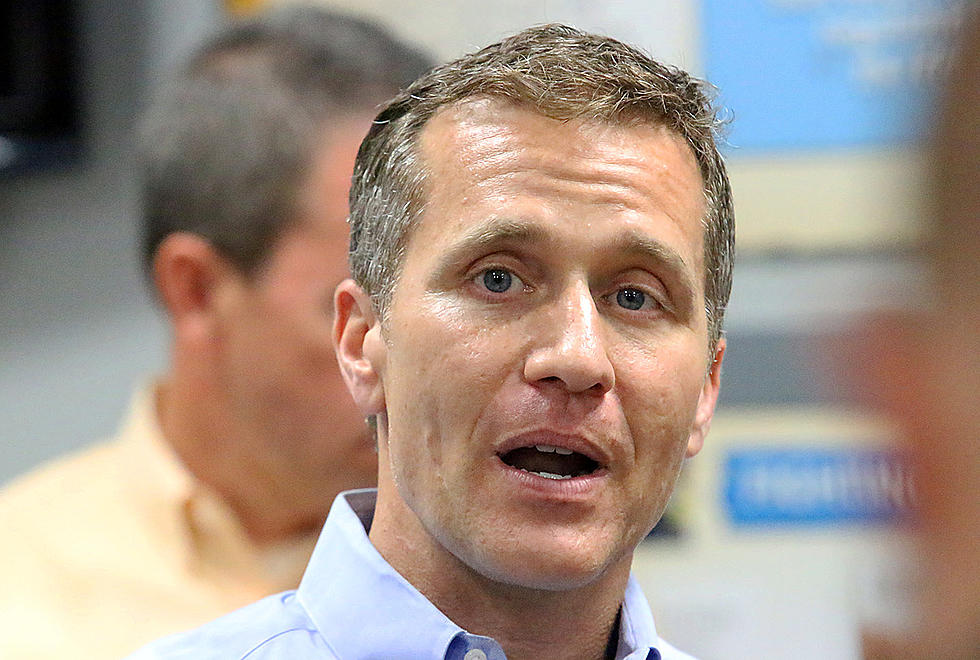
Missouri Hydroponic Farm Grows Produce for Schools
More than 20 years ago, a school invited Steve Hamra in for lunch, to observe the children eating the produce he grew. It was the first time Hamra, president and founder of Amanzi Farms in Sikeston, realized the impact nutritious produce can make.
“That thought has never left my mind,” Hamra said. “There was a young boy over there, and that (food services) director said, ‘That’s gonna be the best meal he gets today.’ This has been 23 years ago.”
Since, Hamra has worked with the National Farm to School Network to provide locally grown, pesticide-free produce to local schools year-round. Hydroponics, a method of growing produce in water dating back to the 600s B.C., is the best solution Hamra has found for this. No soil is needed, less chemicals are used and the shelf life is longer because the plants retain their roots during shipping.
After farming under Hamra Farms for more than 20 years, Hamra founded Amanzi Farms, a completely hydroponic farm, in 2015. “Amanzi” is Zulu for “water,” and Hamra’s current business model is designed for year-round Farm to School production. Hamra himself designed the greenhouses, which, once the vine crop greenhouse is complete, will total 70,200 square feet. The business model switch has enabled Hamra to go from producing 100 cases of lettuce per week to 1,000 cases, Southeast Missourian reported.
The benefits of hydroponic farming are hard to argue with: it generates 20 times the amount of produce than an acre in the field generates, Hamra said, and water consumption is much less than with traditional methods of farming. Hydroponic farming does not take the nutrients out of the soil, Amanzi Farms controller CJ Henry said. It is a technique being utilized in cities, on rooftops and inside buildings with grow lights.
“The footprint’s a lot smaller,” Hamra said. “We can feed 100,000 people out of this facility, and our actual footprint is probably about an acre and a half.”
As a result of this growing process, hydroponic produce is fresher and more nutritious than produce grown using traditional farming methods.
Michelle Lands, school district food service manager for the Chaffee R-II school district, has witnessed the results: she serves lettuce from Amanzi Farms to students.
“I always like the idea, ‘Would I feed my kid this?’” Lands said. “A lot of times, school lunches get a bad rap. With Amanzi Farms lettuce, it looks more green and looks more nutritious, and is more nutritious. If it looks good, kids are going to eat it and get the nutrition they need.”
Amanzi Farms is innovative not only because of how they grow food, but also because of who grows it. The farm currently employs 17 people; 12 are men who are incarcerated.
The men are part of the Registered Horticultural Crop Specialist Apprenticeship program, aimed at helping offenders re-establish their lives on positive grounds, so they can successfully re-enter society and the workforce after serving the duration of their sentence. The program is a pilot program, and while it will be replicated across the state, it is currently the only one like it in the state of Missouri.
It has been an overwhelmingly positive cultural shift for Amanzi Farms, who previously struggled to retain minimum-wage workers who consistently came to work and worked hard. Henry said the men from the correctional center are excited to be part of the program, want to be at the greenhouse and are invested in their work. In addition, she said they bring with them construction, welding and business experience that many entry-level employees do not possess.
Before beginning their apprenticeship at Amanzi Farms, the men must meet certain behavioral qualifications and participate in a 12-week program in which they learn about the aspects of growing plants. They are trained in food safety and are also OSHAA trained. Once employed at Amanzi Farms, they are paid minimum wage.
Hamra taught construction technology for eight years, while farming. Henry previously taught business. For them, Amanzi Farms is a way to continue teaching while also impacting children’s health at schools.
“As former high school teachers, we were trying to impact students’ lives for their future,” Henry said. “Now we’re kind of getting to impact lives on the other end of some of those poor choices, and maybe help guide them back toward a positive future.”
More From AM 1050 KSIS









